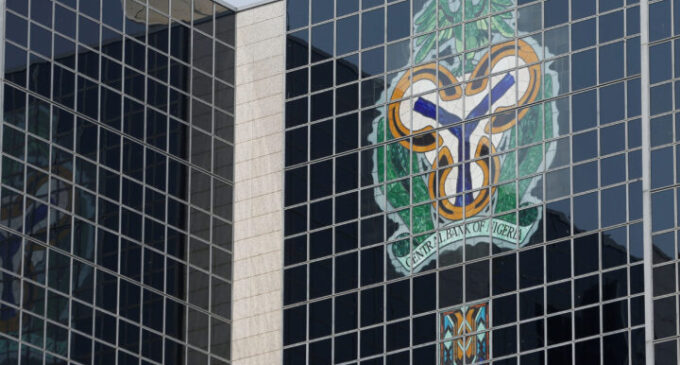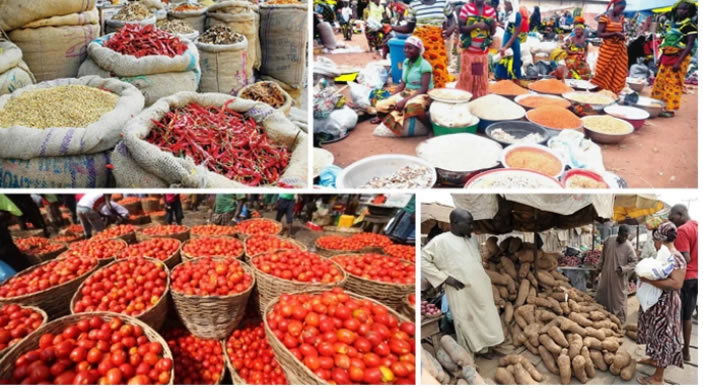Dangote refinery’s petrol price cut to N825 sparks importers’ concerns over losses, reshaping Nigeria’s fuel market dynamics
[dropcap]T[/dropcap]he Dangote Petroleum Refinery’s recent reduction in petrol prices has sparked concern among fuel importers in Nigeria, with many warning of potential losses due to increased competition.
Also read: Dangote refinery cuts petrol price, marketers face mixed reactions
The refinery announced on Wednesday that the ex-depot price of petrol would drop from N890 to N825 per litre, effective February 27.
This marks the third price reduction in two months and the second in February alone, following a N60 cut earlier in the month.
The latest move, according to Dangote, is aimed at providing financial relief for Nigerians ahead of the Ramadan season and supporting President Bola Tinubu’s economic recovery policies.
Despite widespread public approval of the price slash, fuel importers are feeling the heat. With landing costs for imported Premium Motor Spirit (PMS) around N927 per litre, the new Dangote ex-depot price makes it nearly impossible for them to compete without incurring losses.
“Though it is a good thing to reduce petrol prices, it’s taking a toll on our business,” an anonymous importer says.
Another retailer expressed concern that Dangote’s consistent price cuts could discourage fuel importation entirely, pushing local marketers to source solely from the refinery.
Chinedu Ukadike, National Publicity Secretary of the Independent Petroleum Marketers Association of Nigeria (IPMAN), acknowledged the difficulties importers face but praised the refinery’s impact on the market.
“It’s a welcome development. We will continue to support Dangote and patronise the refinery,” he said, adding that consistent supply from the facility reduces the risk of fuel scarcity and stabilises prices.
The Dangote refinery has also begun exporting fuel, with shipments of low-sulphur fuel oil and other refined products heading to Fujairah, UAE.
This international expansion, alongside its capacity to meet Nigeria’s domestic demand, strengthens the refinery’s position as a major player in the global oil market.
As fuel importers grapple with shifting market dynamics, the Nigerian public stands to benefit from lower fuel costs and improved supply.
Also read: Nigeria’s petrol imports set to hit 8-year low amid Dangote refinery’s growing impact
Industry stakeholders now call on the government to improve distribution infrastructure, including repairing pipelines and revamping satellite depots, to further enhance accessibility and price stability across the nation.























